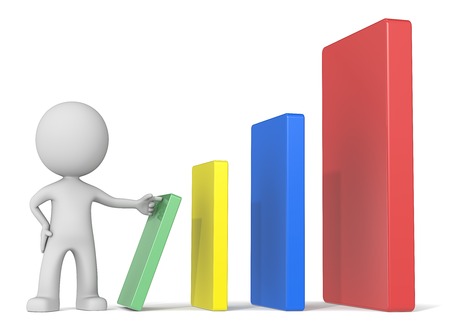The problem with continual improvement
As the end of the year approaches it’s typical to look back on the year and make plans for the New Year. While I think the approach to new years resolution is flawed, I see great value in looking back over the year. If we are continually improving it can be easy to overlook how far we have come.
Hopefully, we are all continually getting better. Finding those 1% marginal gains. There is a challenge in this sometimes, and that is we fail to see how far we have come. I’ll give an excellent example from swimming as it has tangible metrics.
The dyspraxic swimmer
I’m a dyspraxic with poor co-ordination and poor proprioception. I’ve also set myself the goal of completing an Iron Man. I love cycling and can (in the right circumstances) enjoy running. Swimming is a bit different. For me, it is more about the challenge of getting better than intrinsic enjoyment. Sometimes this is called type 2 fun – the activity is not fun, but the sense of accomplishment is.
Swimming requires coordinating leg movement, arm movement, torso movement, head movement and breathing. For someone with limited working memory and crappy proprioception, this presents challenges.
Every time I focus on the current drill I end up neglecting the technique that I should carry in from the previous exercise. This difficulty teams up with me occasionally thinking I am doing something when in fact I’m not due to the lack of awareness of my body in space (well water). In short even with great coaching improvements are hard.
The unseen improvements
Last week my coach made me complete a 400m timed maximum effort swim to get a baseline for the next training period. For some reason, I set my sights on 8 minutes. I think this was because when I did it last year, I thought 8 minutes was an excellent time to aim for so was presumably an achievable incremental improvement on my previous effort. I completed the swim in 8:12 so was naturally disappointed.
When I got home I entered the time into my BuJo (I track my activities online but love the tactile nature of my journal) I was surprised. Last year my 400m best time was 9:17. Over the last year, I’ve knocked off over a minute from my 400m swim time. That’s a massive improvement. It’s a really massive improvement for someone who doesn’t think he’s got faster.
The problem arises because I did not knock off that minute all in one go. Each time I knock a second off my 100m pace (swim pace is typically expressed as mins: secs per 100m) I normalise it as my new standard. This is the new status from which I must improve. I forget that a few weeks ago I was slower. This repeats every time I take a second or two off my time. My swimming is continually improving. Suddenly I am considerably faster than I was without appreciating the improvement.
The act of comparing my performance against a previous attempt clarified the improvement. It gave me an appreciation of how far I have come (and excitement about how much I might improve next year).
Wider Applicability
I am also trying to get better at remembering peoples names. I have some limited techniques that work in some situations, but it is a comparative weakness of mine. Like the swimming, I also don’t think I am making much progress on this front. Sadly I don’t have any metrics but it is comforting to think that I might be getting better and just failing to remember how rubbish I was before.
If you are trying to get better at something, anything, don’t compare your current performance levels to last weeks or last months. Take a more extended look back and appreciate how far you have come. This is much easier if you have metrics even if those metrics are subjective.

